It was perhaps the central achievement of the G20 Summit in New Delhi hosted in 2023. On September 10, 2023, India, Saudi Arabia, the European Union, the United Arab Emirates, France, Germany, Italy, and the United States signed a memorandum of understanding to establish the India-Middle East-Europe Economic Corridor (IMEEC).
The concept was both simple and wise: India will be an economic superpower for the 21st century. Its markets lie not just to its east but also to its west. Europe, meanwhile, seeks trade routes and supply chain security. At the core of the IMEEC scheme will be a ship-to-rail network to transit goods across the northern Indian Ocean to the United Arab Emirates, transshipment to Haifa, and then via ship again across the Eastern Mediterranean to Greece and Italy, and onward into the European market. The beauty of the scheme is that it allows Europe to bypass all malign actors—Russia, Iran, and Turkey.
The October 7, 2023, Hamas attack, the Israel-Iran war, and disarray at the State Department and National Security Council forced the scheme to pause. While global attention focused on Houthi attacks on Israel, India also suffered. Iran’s Islamic Revolutionary Guard Corps controls and profits heavily from logistics across Iran. Because IMEEC bypassed Iran, some officials inside the Islamic Republic appear to have encouraged the Houthis to attack Indian shipping in order to redirect commerce toward the Northern Route across Iran into Russia and Turkey.
With the Israel-Gaza ceasefire in place, the time is right to renew IMEEC. The first Trump administration led to the Abraham Accords, the “3+1”, and the Eastern Mediterranean Gas Forum—all showing that this administration has an appetite for grand new diplomatic initiatives. IMEEC is well primed to be a legacy-building scheme into which Trump will dive all in, notwithstanding his second-term tilt toward Pakistan.
If IMEEC is to succeed, however, India cannot simply rely on Trump but must be proactive in building the blocks. Trump may claim credit, but diplomats and analysts will know the truth. Greece and Cyprus bring several advantages to IMEEC—and perhaps the most important is their muscle memory from previous initiatives. For the past two decades, they have been part of trilateral and multilateral mechanisms that seemingly came out of nowhere and constantly progressed. Simply put: Athens and Nicosia know how to do this.
The ability of Greece and Cyprus to be honest brokers between the Global North and Global South also stands out. They are stalwart allies of Israel but still have close and long-standing ties to Arab states. They both have standing ties to India—Cyprus and India were both British colonies and later partnered in the Non-Aligned Movement. One of Greece’s priorities, meanwhile, has been to upgrade its ties with India. In 2023, Prime Minister Narendra Modi became the first Indian leader to visit Greece in 40 years, and Greek Prime Minister Kyriakos Mitsotakis reciprocated the visit the year after. Defence Minister Nikos Dendias just floated a trilateral naval cooperation scheme between Greece, India, and the United Kingdom that could significantly alter the operational environment in the Eastern Mediterranean and Red Sea, if not the broader Indian Ocean.
There are several advantages to IMEEC—and to Greece and Cyprus becoming its European hubs. If IMEEC is truly going to counter the Belt and Road Initiative, it must respond to the maritime advantages China has built over the last decade. Greece and Cyprus do that. Greece has the world’s largest merchant marine fleet, and Cyprus ranks in the top 10. The proximity of Greece and Cyprus to both the Suez Canal and Israel gives both countries an advantage that none of the other European IMEEC participants enjoy.
Greece also brings infrastructure to the table. The country has multiple ports that can serve as an entry into southeastern Europe. Thessaloniki is tailor-made for the purpose. Utilising the Port of Piraeus near Athens would require wrestling control away from the Chinese—a necessity that the U.S. government currently seeks to address. IMEEC member United Arab Emirates, meanwhile, has upgraded Limassol, one of Cyprus’ major ports. Nicosia will soon open bidding to upgrade the port of Larnaca. With the establishment of the Gaza maritime humanitarian corridor, Cyprus has already demonstrated the advantage of being mere hours by ship from Israel, Lebanon, and Syria.
There are also institutional advantages to working with Greece and Cyprus now. While the European Union’s attention is often scattershot and dependent upon who holds its rotating presidency, the stars align for real focus upon IMEEC as Cyprus will hold the presidency of the Council of the European Union in the first half of 2026 and Greece will hold it in the second half of 2027.
Within the United States, the stars also align. As senator, current Secretary of State Marco Rubio was co-author of the Eastern Mediterranean Security and Energy Partnership Act of 2019, which created an East Med Energy Center and required reporting regarding energy infrastructure that can now expand to drive IMEEC forward. The East Med Gateway Act—pending before this Congress—builds on that and tries to refocus attention back on IMEEC; Indian officials should lobby Congress to prioritise this as soon as the U.S. government shutdown ends.
Trump’s turn toward Pakistan has antagonised India, but Trump’s tenure is limited; the logic behind IMEEC is generational. Whatever Delhi’s feelings toward Washington at present, IMEEC is crucial for trade and to limit China’s influence and leverage over supply chains. While attention spans are always short in Washington and IMEEC risks falling by the wayside, not only Delhi but also Athens and Nicosia have the focus to drive IMEEC forward. All that is needed is concerted and sustained outreach by Delhi to signal it is open for business and that IMEEC is the way it will drive that commerce forward.
(Michael Rubin is a senior fellow at the American Enterprise Institute and director of policy research at the American Enterprise Institute. Views expressed in the above piece are personal and solely those of the author. They do not necessarily reflect Firstpost’s views.)


)
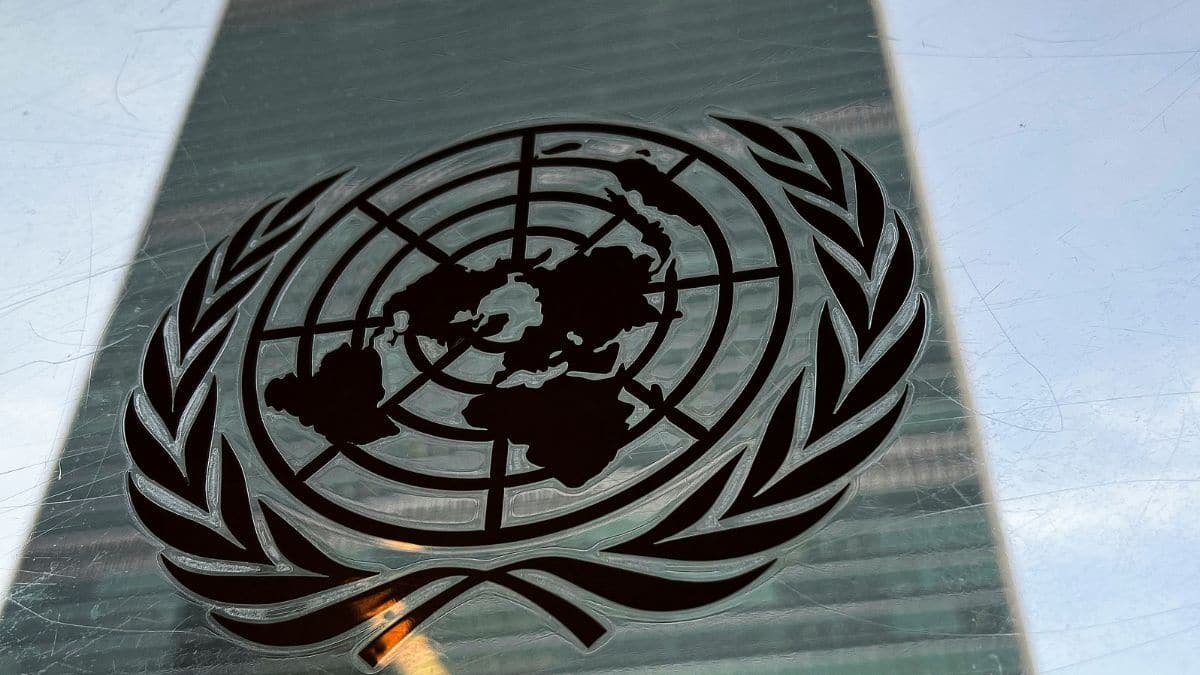
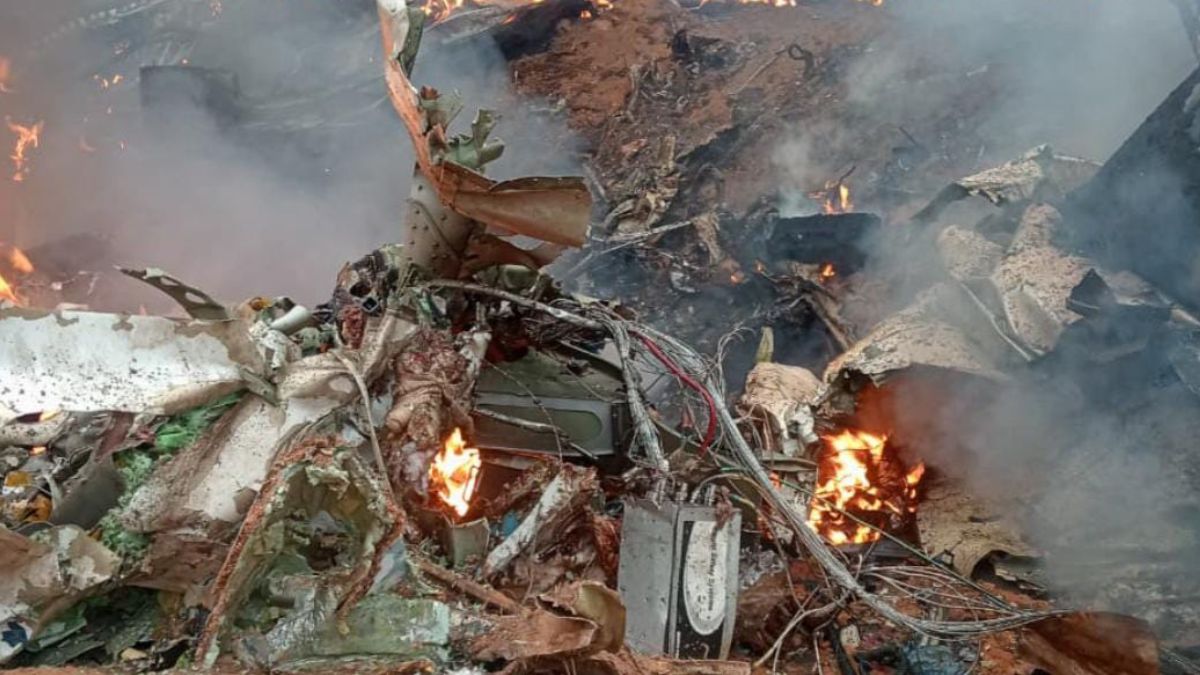)
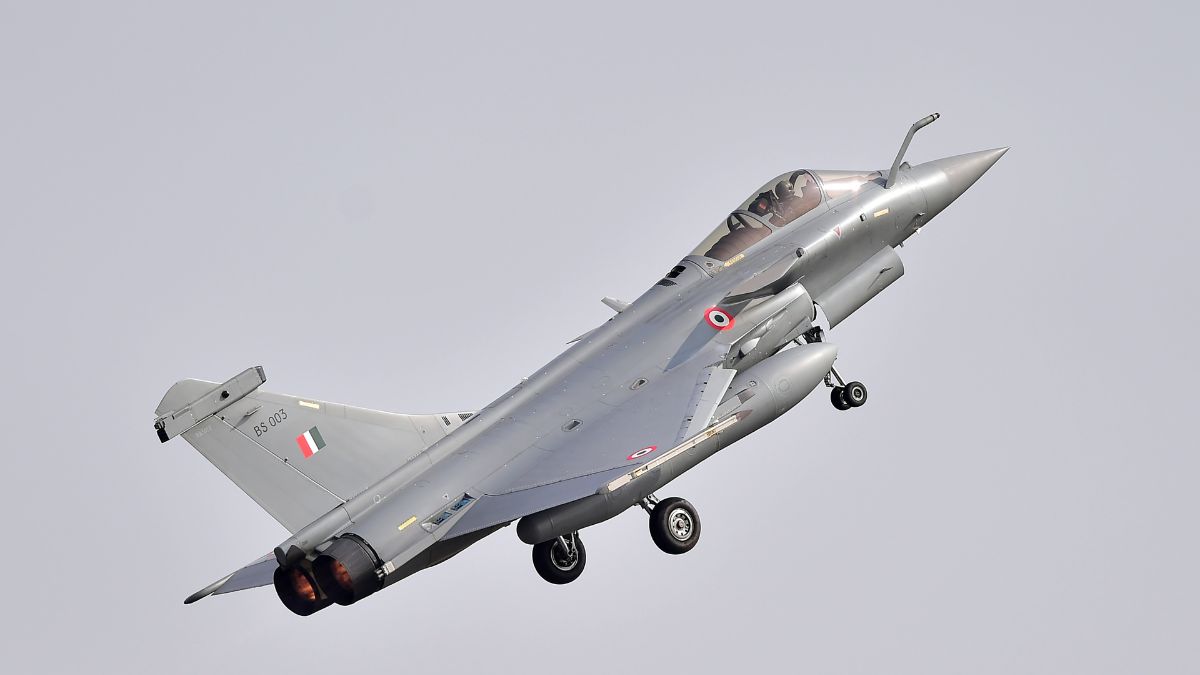)
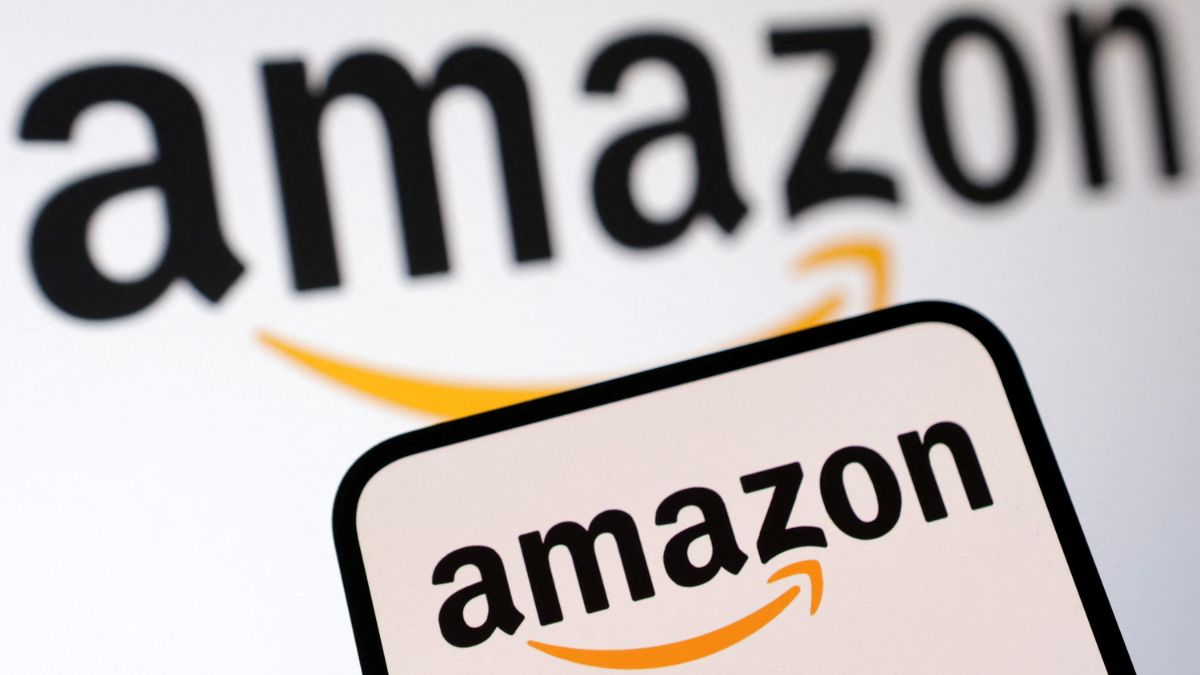)
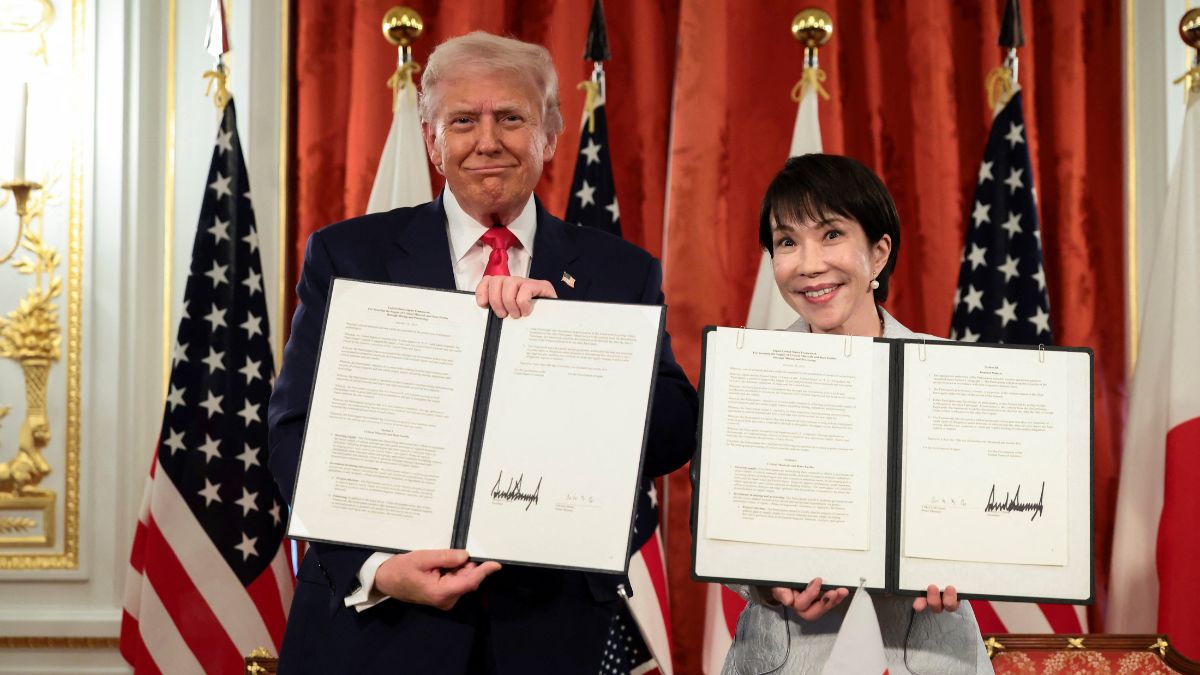)
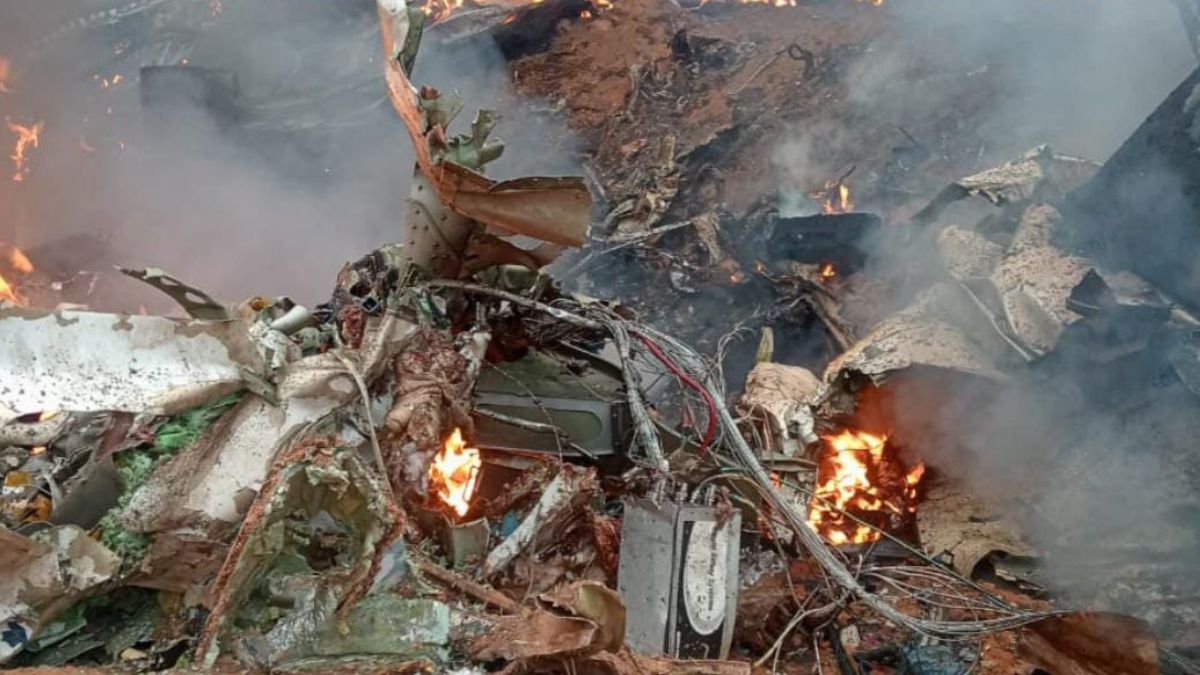)
)
)
)



